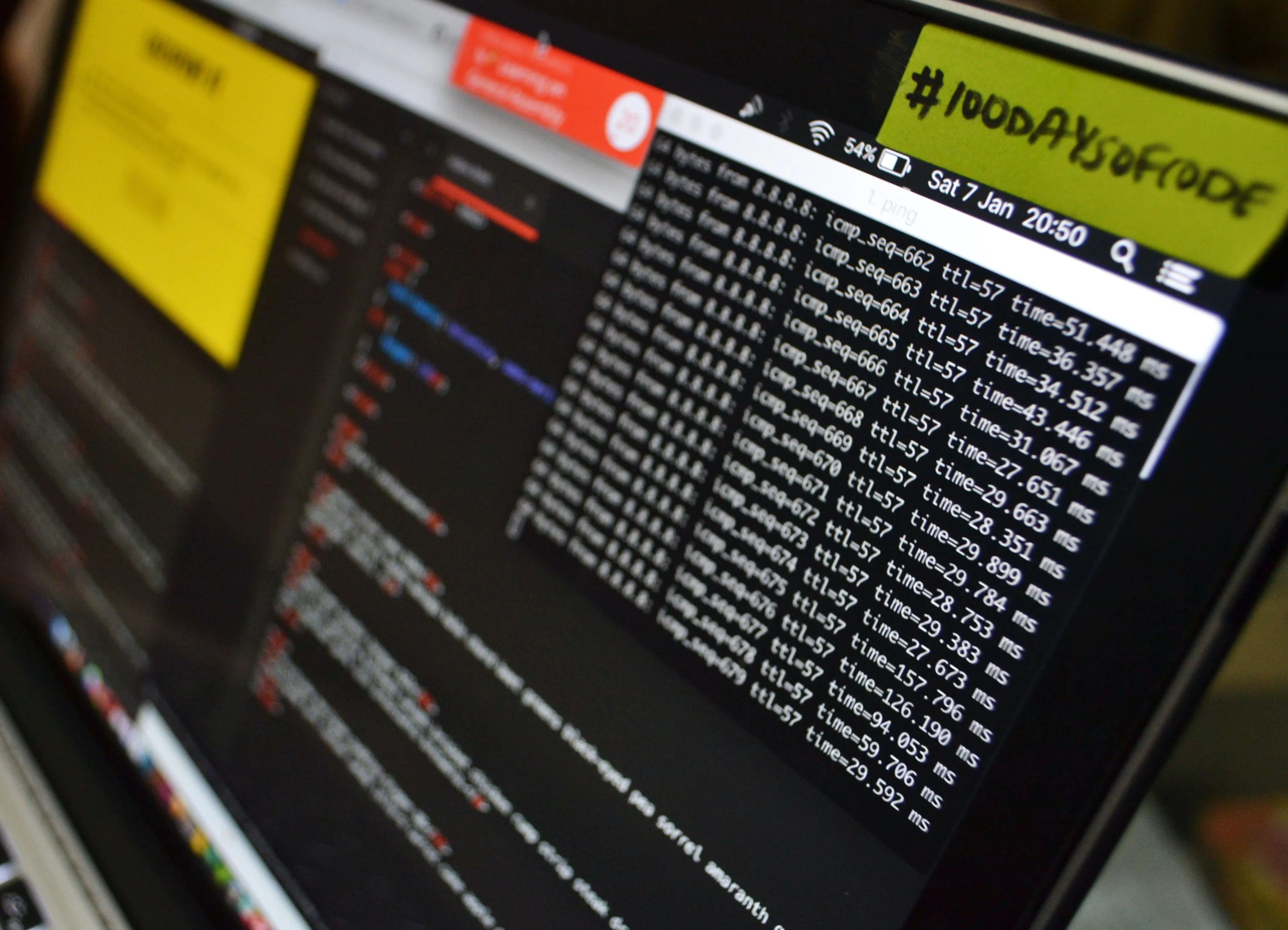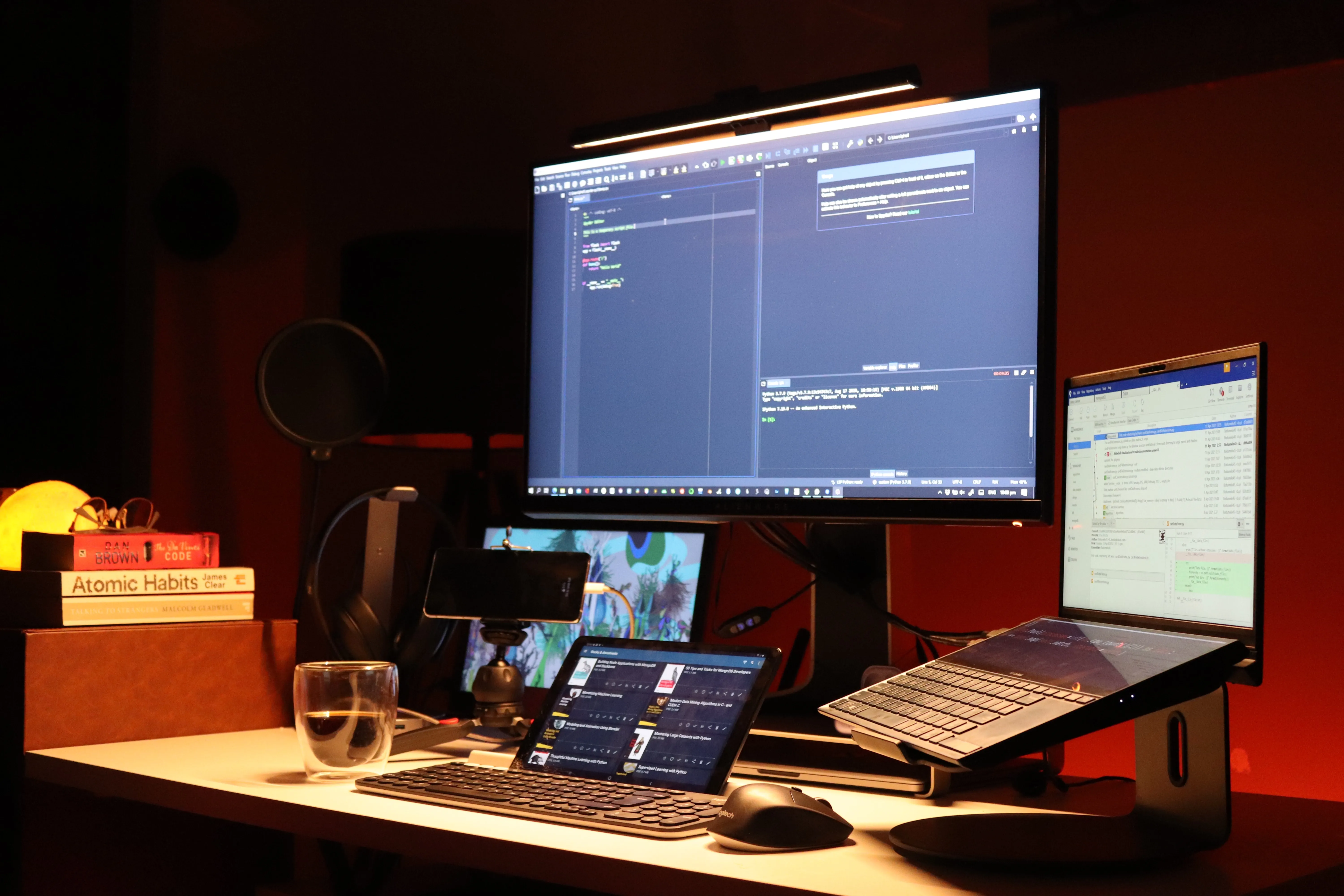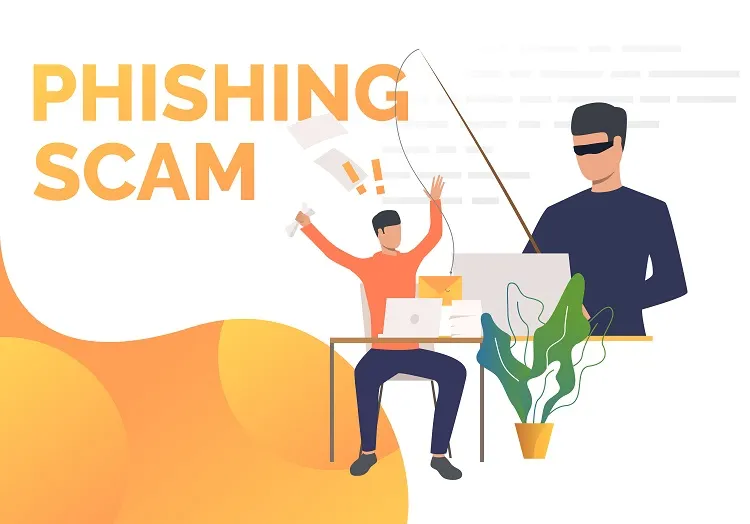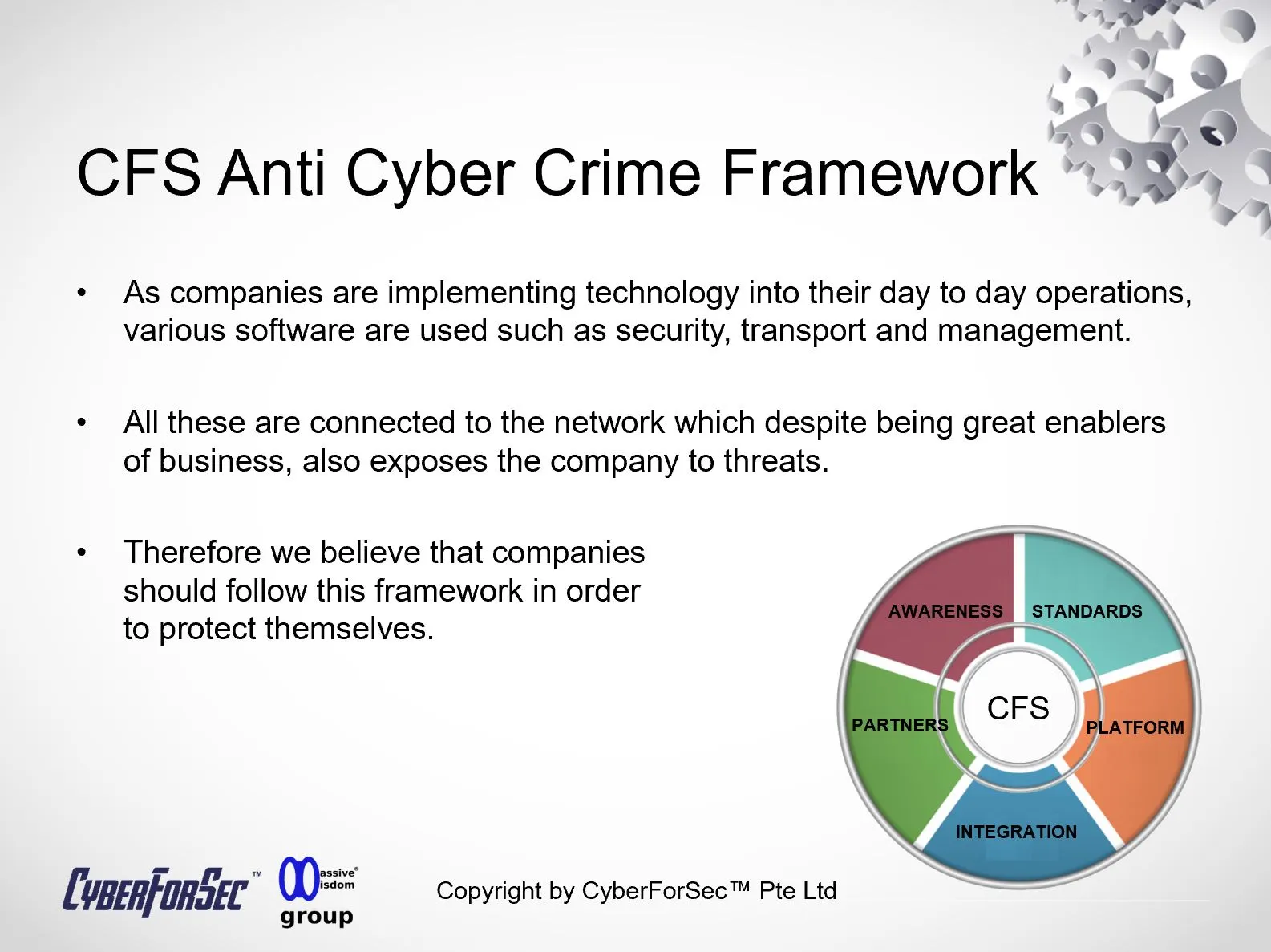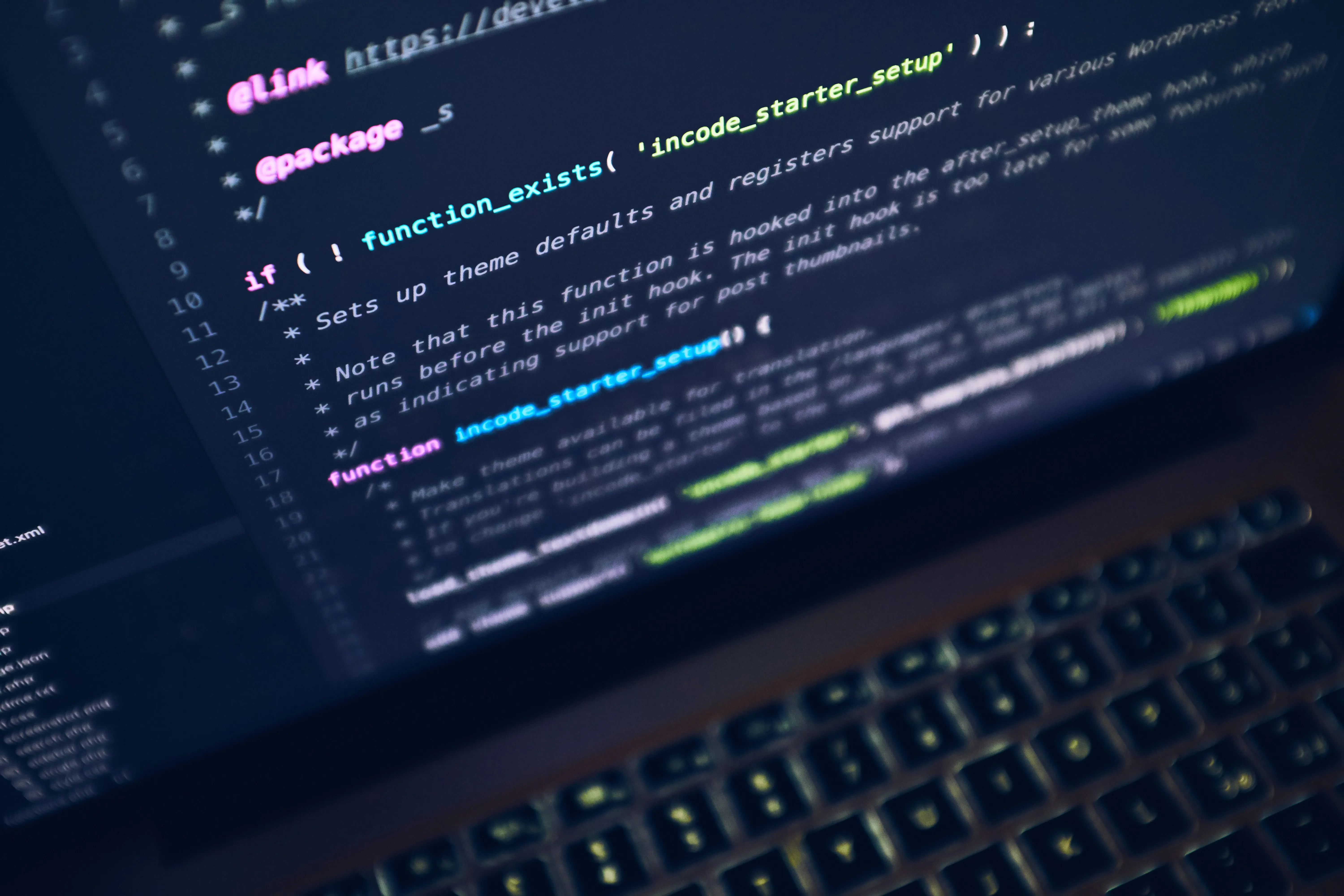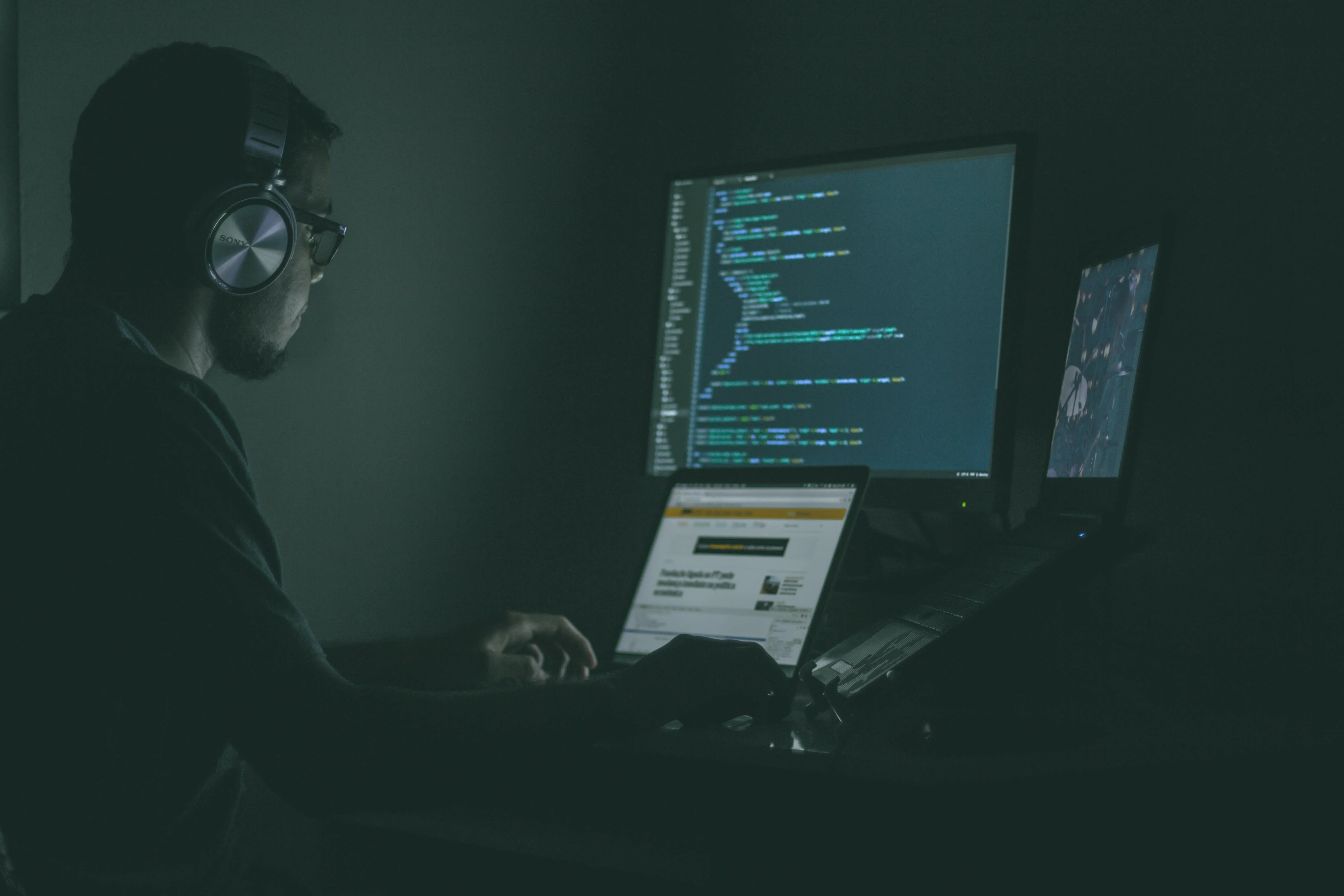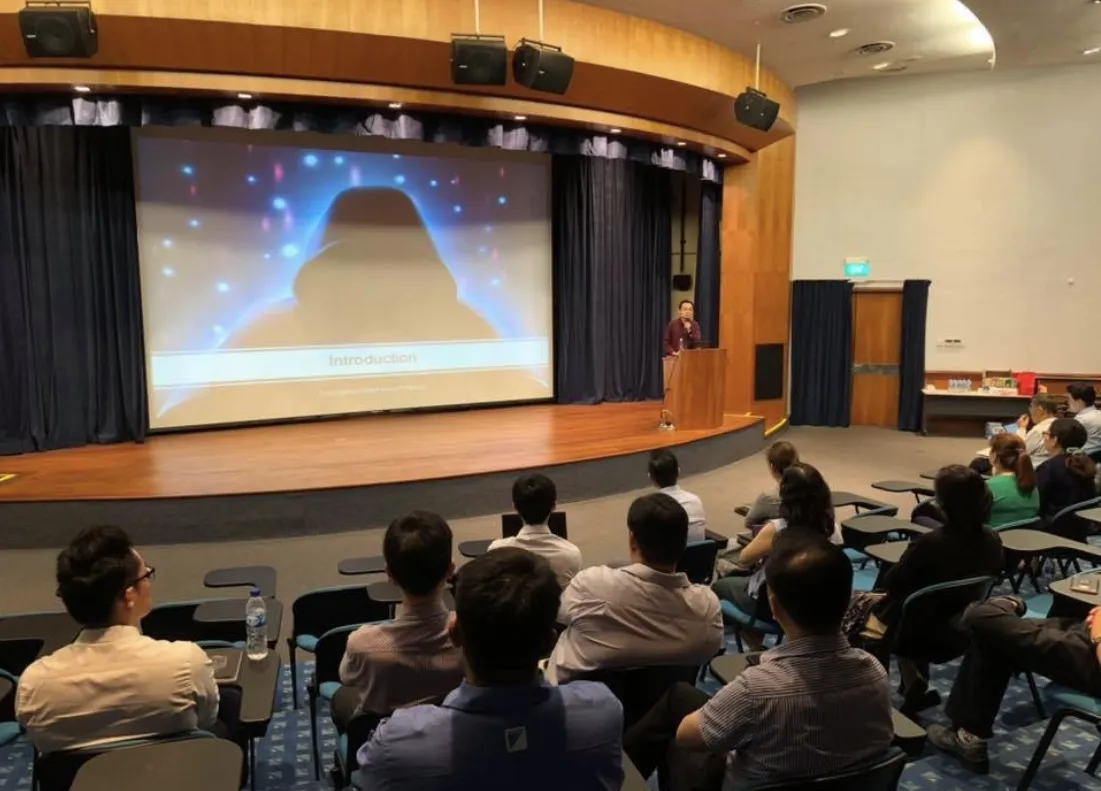Unlocking the Power of Free & Open-Source Computer Forensics Tools
In today's digital age, the stakes in cybersecurity have never been higher. As cybercrime continues to surge, businesses face unprecedented threats that can result in staggering financial losses. According to Juniper Research, by the year 2019, cybercrime had already reached a jaw-dropping $2 trillion in losses for businesses worldwide. With data breaches occurring daily, the demand for computer forensics experts has skyrocketed. Whether you're investigating unauthorized server access, delving into an internal human resources case, or simply looking to acquire new skills, free and open-source computer forensics tools are indispensable allies in your quest for in-depth analysis.
These tools empower you to conduct comprehensive investigations, spanning hard drive forensics, memory analysis, forensic image exploration, and mobile forensics. While this isn't an exhaustive list, it features some of the most popular and indispensable tools in the field. Choosing the right toolkit can significantly enhance your efficiency and yield more productive results.
Forensic Toolkits:
SANS Investigative Forensic Toolkit (SIFT)
Built on the Ubuntu platform, SIFT is a powerhouse, equipped with all the critical tools required for meticulous forensic analysis and incident response. It supports multiple evidence formats, including AFF, E01, and DD, and offers capabilities like data file carving, system log timeline generation, and recycle bin examination. With over 100,000 downloads to date, SIFT remains a cornerstone in the open-source forensic and incident response toolkit.
Key Features:
Ubuntu LTS 16.04 Base
Advanced forensic tools and techniques
Cross-compatibility between Windows and Linux
Online documentation project
Link to SIFT
Sleuth Kit Autopsy
Autopsy, a digital forensics platform, is renowned for its efficiency in analyzing smartphones and hard disks. Trusted by law enforcement agencies, the military, and corporations worldwide, it boasts an intuitive interface, rapid data processing, and cost-effectiveness. The Sleuth Kit, a collection of command-line tools, forms the backbone of Autopsy, making it a robust choice for digital investigations.
Key Features:
Timeline Analysis
Hash Filtering
Keyword Search
Web Artifacts Extraction
Data Carving
Multimedia Analysis
Link to Autopsy
Oxygen Forensic Suite
Oxygen Forensic Suite offers both free and professional versions, specializing in mobile phone data extraction. It captures device information, including serial numbers, IMEI, and OS details, while also recovering messages, contacts, and call logs. Its versatility extends to file browsing, enabling the analysis of photos, documents, videos, and device databases.
Key Features:
Built-in cloud data recovery
Contact aggregation
Social graph features
Map and timeline analysis
Compatibility with multiple data sources
Link to Oxygen Forensic Suite
DEFT Zero
DEFT (Digital Evidence and Forensics Toolkit) is a Linux-based distribution tailored for gathering and preserving digital evidence and forensic data. DEFT Zero, a lightweight variant, ensures compatibility with both 32-bit and 64-bit hardware, including UEFI and secure boot configurations. Its modest memory requirements mean it can run even on older or slower PCs.
Key Features:
Support for 32 and 64-bit hardware
Compatibility with various memory types
Multiple booting modes
Lightweight footprint
Link to DEFT Zero
Network Forensic Tools:
Wireshark
Wireshark stands as one of the most widely used network protocol analyzers, granting you microscopic insights into network activity. It finds favor among government agencies, corporations, and educational institutions alike. With support for numerous protocols and platforms, it empowers in-depth network data analysis.
Key Features:
Deep protocol investigation
Offline and online analysis
Powerful display filters
Strong VoIP analysis
Multi-format data export
Link to Wireshark
Network Miner
Network Miner, available for Windows, Mac OS X, Linux, and FreeBSD, serves as a network forensic analysis tool. It excels as a passive network sniffer, capturing packets to detect hostnames, sessions, open ports, and even operating systems. Furthermore, it simplifies offline analysis by parsing PCAP files.
Key Features:
Passive network sniffing
PCAP file parsing
Regeneration of transmitted certificates and files
User-friendly interface
Link to Network Miner
Xplico
Xplico, an open-source network forensic analysis tool, specializes in extracting application data from internet traffic. It offers support for various protocols, multithreading capabilities, and the flexibility to output data to MySQL or SQLite databases. With its modular design, it enhances network forensic investigations.
Key Features:
Protocol support
Multithreading
Protocol identification
Output to databases
IPv4 and IPv6 support
Link to Xplico
Forensic Imaging Tools:
FTK Imager
FTK Imager, a data preview and imaging tool, empowers you to explore files and folders on storage devices. It's ideal for reviewing forensic memory dumps or images, creating file hashes, and mounting forensic images for in-depth analysis.
Key Features:
File and folder exploration
Hashing capabilities
Forensic image mounting
Keyword indexing
Link to FTK Imager
Linux "dd"
Linux "dd," while powerful, demands caution. Prevalent in most Linux distributions, it allows the creation of raw images of folders, files, or drives. However, due to its potential destructiveness, it's essential to test commands in a safe environment before applying them to real data.
IXImager
IXImager offers fast-booting forensic image analysis in a microkernel that runs from portable media. It securely accounts for data corruption, documents data tampering, and utilizes high-speed data compression. It also creates detailed data acquisition logs.
Key Features:
Data corruption handling
Tampering detection
High-speed compression
Detailed acquisition logs
Link to IXImager
Memory Forensics:
Magnet RAM Capture
Magnet RAM Capture is a free tool for capturing a computer's physical memory, aiding investigators in recovering and analyzing critical artifacts stored in memory. It leaves a small footprint on the live system under analysis.
Key Features:
Physical memory capture
Minimal footprint
Link to Magnet RAM Capture
Memoryze
Memoryze is a memory forensic tool that uncovers malicious activity in live memory. It can acquire and analyze memory images, offering insights into running processes and loaded drivers.
Key Features:
Memory image creation
Process analysis
Loaded driver identification
Link to Memoryze
Website Forensics:
FAW (Forensics Acquisition of Websites)
FAW is a groundbreaking browser tool capable of acquiring web pages from online sources for forensic investigations. It allows the capture of web elements and metadata, making it a valuable asset in preserving webpage content during user interaction.
Key Features:
Host file viewing and editing
Audio/video capture
IP address and hostname acquisition
Multi-language support
Improved performance and stability
Link to FAW
Removable Media Forensics:
USB Historian
USB Historian is a specialized tool that parses USB history information from Windows plug-and-play registries. This tool helps track USB drive insertions and related activities, making it invaluable in investigations concerning data theft, movement, or unauthorized access.
Key Features:
Quick device location
Wizard-driven analysis
Parsing of backup and SetupAPI logs
Link to USB Historian
In the world of digital investigations and cybersecurity, these free and open-source computer forensics tools serve as essential companions, enabling experts and enthusiasts alike to uncover critical evidence and safeguard the digital realm. While this list offers a solid foundation, it's crucial to note that expertise and ethical considerations are paramount in wielding these tools effectively. Always approach digital forensics with integrity and adhere to legal and ethical guidelines, for it is through responsible and skilled investigation that we combat the rising tide of cyber threats.
By Alvin Lam Wee Wah
and Team at CyberForSec.
Interested in what you've read and want to know more or collaborate with us? Contact us at customersuccess[a]cyberforsec.com replacing the [a] with @.

